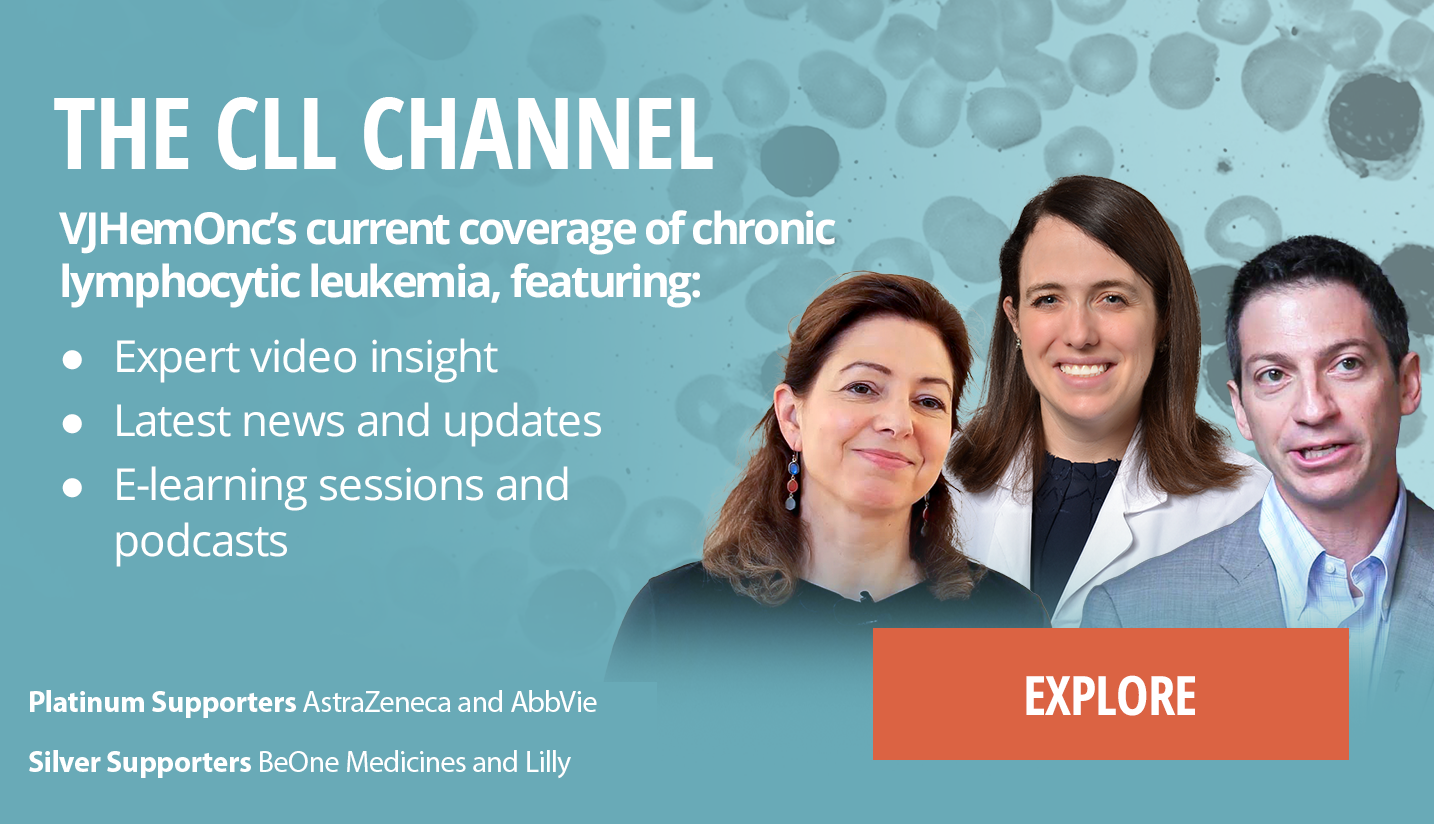At the Max Foundation, we’re really driven by a simple ethos, which is that access to medicine is a human right, and so for 25 years, we’ve been providing treatment access to patients in low and middle-income countries. So we started with CML 25 years ago, and in 2023, we’re able to launch a treatment access program for CLL. And so to implement this program, we have been assessing the institutional capacity of institutions and physicians that we’ve worked with for two decades...
At the Max Foundation, we’re really driven by a simple ethos, which is that access to medicine is a human right, and so for 25 years, we’ve been providing treatment access to patients in low and middle-income countries. So we started with CML 25 years ago, and in 2023, we’re able to launch a treatment access program for CLL. And so to implement this program, we have been assessing the institutional capacity of institutions and physicians that we’ve worked with for two decades. And in this assessment, we’re trying to understand the readiness to implement a treatment access program for a targeted therapy for CLL. And so what we’re seeing is really that diagnostic capacity can be quite limited in these countries. Access to targeted therapies is completely unavailable. If they are, they are outrageously expensive, patients are unable to afford them. And the holistic experience of what patients in high-income countries can receive when they are facing CLL can be quite different in these low-income settings.
In 2023, we signed an agreement with a biotech company to make the second-generation BTKi zanubrutinib available to patients in up to 29 countries. And we’re a deeply collaborative organization. So to implement this program, it inherently requires collaboration with our in-country partner institutions, in-country physicians, global experts, such as the iwCLL for training of these physicians, and our in-country team. And so since that time in 2023, we have supported a total of 270 patients, and we’re currently supporting 250 patients. And this is across three countries: Armenia, Ethiopia, and Nepal. And we’ve been able to provide training to five physicians from these three countries through our relationship with the iwCLL.
And so what we are seeing is that patients are doing really well, responding well to zanubrutinib. Many are able to return to their jobs, which they have had to leave months or years ago, and they’re able to live their full lives again, which is ultimately why we do this work. We see within the CLL program, similarly to our CML program, that the incidence is at a younger age group. So the median age at diagnosis for patients in our program is 63, which is nearly 10 years younger than the global average is for CLL in the high-income setting.
As part of the implementation of our CLL program, outside of the three countries where we are currently delivering this treatment access program, we completed a capacity assessment in 18 countries and 21 institutions. And so this was to assess the readiness of each site to be able to diagnose and treat patients with CLL. And so through this assessment, what we have found is that there’s a really strong readiness to deliver targeted therapy for CLL, such as the second-generation BTKis or BCL2 inhibitors. Much of these countries do not have access to any targeted therapy, as I mentioned. And so through this assessment, we know that there’s a strong diagnostic capacity in terms of flow cytometry and what’s required in order for a patient to start treatment. Prognostic markers can be a challenge, but many countries are able to obtain these results from sourcing the tests from out-of-country sources. And there’s a strong clinical management that’s already occurring for CLL patients, but access to the therapy is so critical. And so we are only limited right now in terms of our ability to expand the program based on where things currently stand with our partnership with the biotech company. But we encourage any other companies that are interested to see a sizable impact in these settings to partner with us, and we would love to just continue this work together.
This transcript is AI-generated. While we strive for accuracy, please verify this copy with the video.










